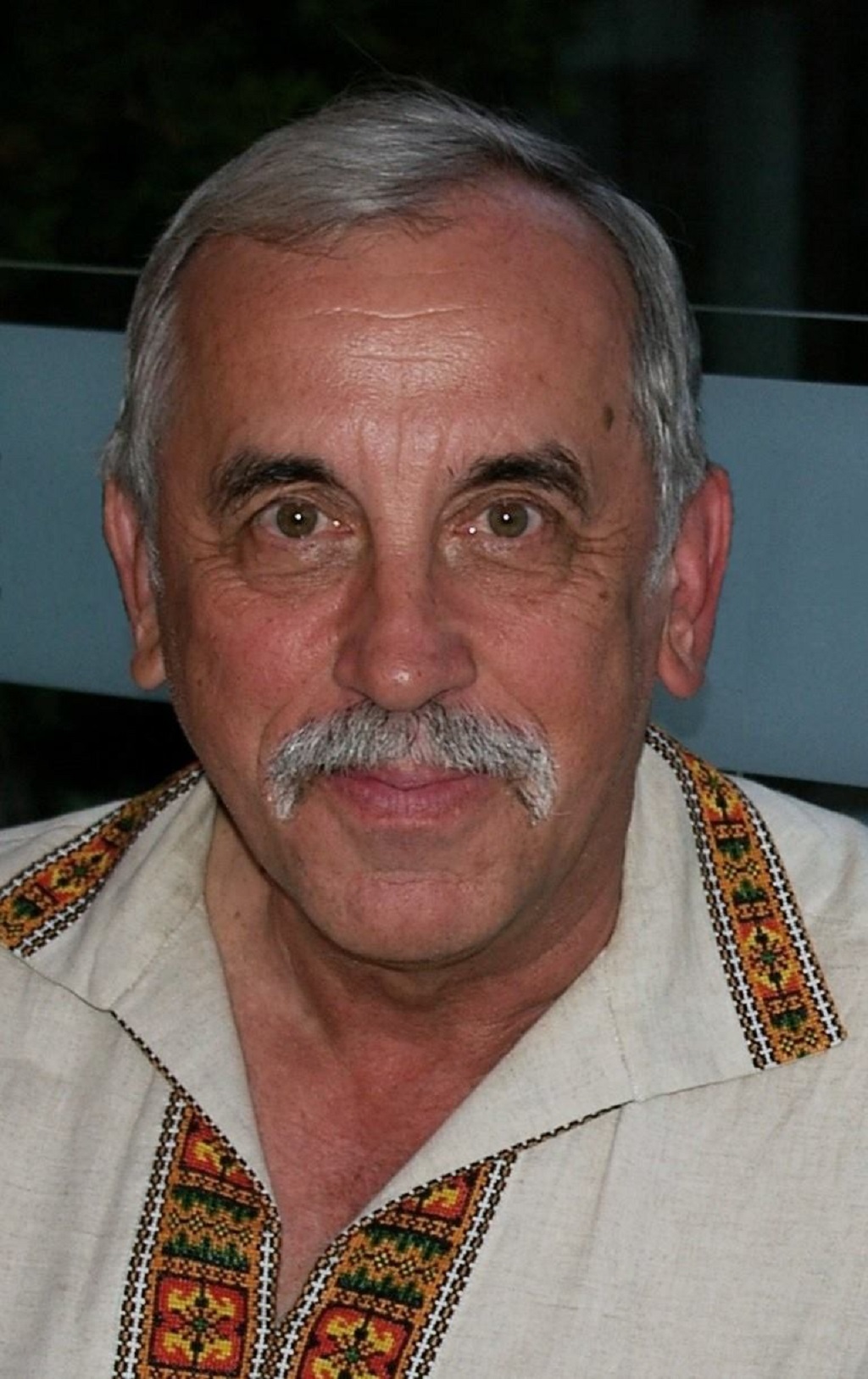Volodymyr Kish.
This past week has been a somewhat sad and solemn one for me. This is of course the time of year when Ukrainians world-wide commemorate the Holodomor, Stalin’s artificial famine that starved so many million Ukrainians because they stood in his way to building the Communist “Paradise on Earth”. Also, this week, the Documentary channel on cable TV here aired Ryan Boyko’s powerful film “That Never Happened” about Canada’s shameful internment of thousands of innocent Canadians during World War I, because it perceived them to be “enemy aliens”. This made me pause and reflect on the fact that Ukrainians have had a long history of being victimized by both unkind fate and rapacious neighbours.
Ever since the Mongols under Batu Khan invaded Kyivan Rus in the thirteen century, Ukraine has known little peace, and its inhabitants have arguably suffered more oppression, death and destruction than any other European nation. The list of invaders and oppressors over the past eight hundred years is a long one, including amongst others, the Mongols, the Tatars, the Turks, the Russians, the Poles, and the Germans. In that time, there have been brief periods of freedom and autonomy, but for the most part, Ukrainians have suffered immeasurably under the yoke of ruthless occupiers. Ukraine’s history is basically a painful narrative of perpetual victimization.
As victims, Ukrainians have paid a fearful price in terms of their emotional and psychological well-being. In more recent times, mental health experts have coined the now well-know term PTSD (Post Traumatic Stress Disorder). Usually this is used to describe the negative psychological consequences afflicting individuals who have experienced severe psychological trauma particularly during wartime combat or disaster situations. PTSD suffered by individuals is becoming better understood and treatments have been developed that can help its unfortunate victims deal with the aftereffects. What is perhaps more surprising is that recent medical research is showing that PTSD can also cause genetic mutations in its victims that are then passed on to future generations causing a variety of stress disorders.
What is less understood or even acknowledged is the reality that whole societies or ethnic groups have also suffered a form of collective PTSD due to large-scale historical traumas. Some, like the Jewish victims of the Holocaust by the Nazis, or the Cambodians massacred by the Khmer Rouge regime, have become better known and acknowledged in recent decades. Others, like the Armenian genocide by the Turks, the slaughter of the Tutsis in Rwanda, the decimation of the Kurds at the hands of the Iraqis and the Turks, the atrocities committed by the Belgians against the Congolese, or the pacification of the Algerians by the French, are less well known. And then of course, there is the Ukrainian Holodomor that killed somewhere between seven to ten million Ukrainians in the early 1930’s.
How does a society that witnesses a significant percentage of its population cruelly killed off deal with this kind of trauma? We are beginning to understand the effect on the individual mind, but what about the consequences for that society as a whole? What does it do to its ethos, its culture, its sense of identity, its relationship to other countries and ethnic groups? How does it affect the future evolution of its culture and values? Is there also a genetic component that negatively affects future generations?
Being Ukrainian, I have seen and experienced some of the disruptive effects that historical traumas have had on the collective Ukrainian psyche. The pain and horror experienced by many of the Ukrainian immigrants that came to Canada under forced or traumatic circumstances, was more often than not passed on to succeeding generations. For some, it manifested itself in a complete rejection and suppression of their Ukrainian identity and a total assimilation into a non-ethnic “Canadian” character. In others, it resulted in the promotion of an almost super form of Ukrainian nationalism that they tried to impose on their Canadian born offspring, a strategy that often backfired.
The children, born and raised in a Canadian environment that was far different from that which their parents had experienced, often strongly rejected and abandoned this perceived “alien” form of nationalism. In many cases, this created dysfunctional family relationships and caused serious intergenerational rifts. For still many others, the imposition of this inherited victimhood, left behind uneasy feelings of guilt, anger, shame, inferiority and depression. Being a victim is never a positive experience, and seldom leads to constructive outcomes.
The one beneficial result that has come out of this heavy burden of victimization is that it has demonstrated the Ukrainian community’s resilience and led it to focus its efforts, not on seeking revenge or compensation for the injustices inflicted on the Ukrainian people, but on educating the world about the extent and nature of Ukraine’s suffering, with the hopes that it will stir the world’s conscience into ensuring that such things do not ever happen again, anywhere.
Share on Social Media




































